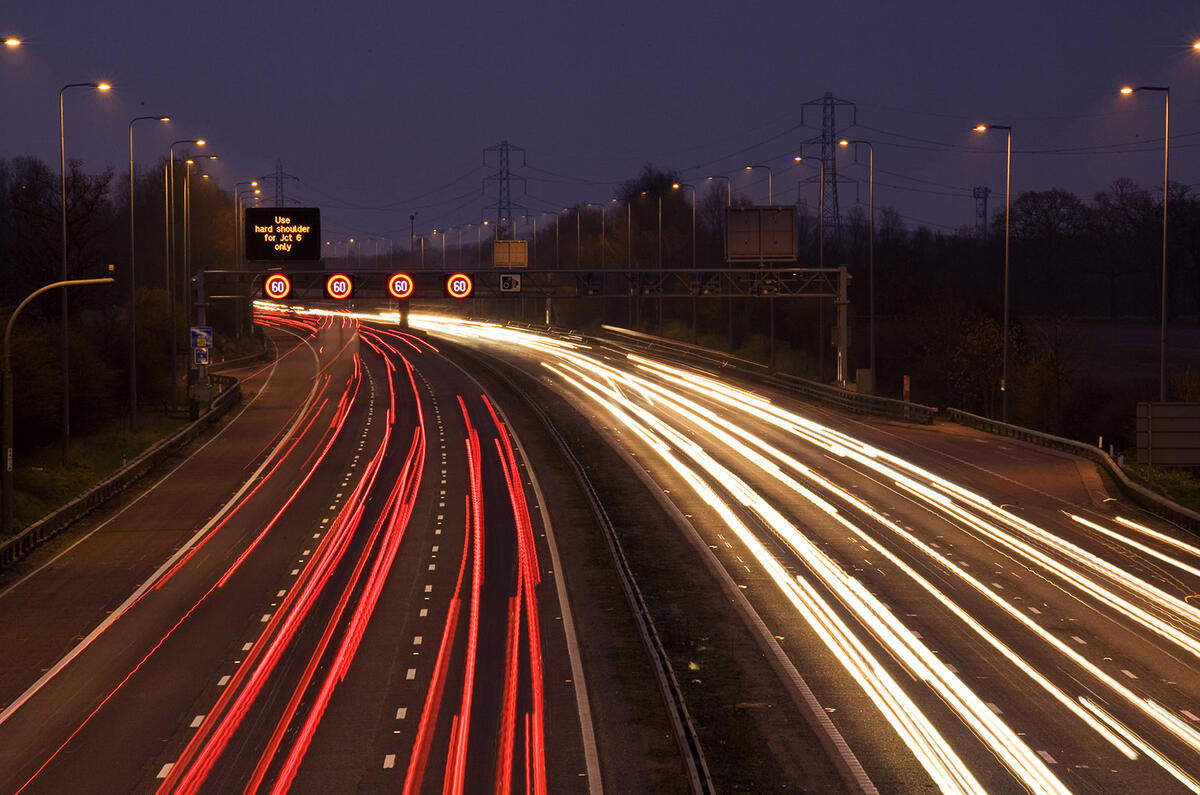A new type of speeding penalty based on the offender’s income has been introduced, with percentage-based wage fines and 56-day disqualifications for the worst offenders.
Motorists caught doing more than 101mph in a 70mph limit could be fined between 125% and 175% of their weekly income, while those breaking the speed limit in a 30mph area will get three points and be fined 25-75% of their weekly wage. Current speeding fines are already means-based, but the new type tweaks their thresholds, which are listed below.
Fines are divided into three categories: Bands A, B and C, with C covering the most serious of fines, such as 51mph and above in a 30mph zone, or 101mph and above in a 70mph zone. Band B covers moderate speeding, such as 41-50mph in a 30mph zone, or 91-100mph in a 70mph limit, while Band A covers 31-40mph in a 30mph zone and 71-90mph in a 70mph zone.
Band A warrants three points and a fine of 25-75% of the driver’s weekly income, while Band B gives a 75-125% fine and either a seven to 28-day disqualification or between four and six penalty points. Band C gives the heaviest fine – 125-175% of a driver’s weekly income - and a disqualification for between seven and 56 days or six points. For even higher speeds, a longer disqualification may be given. A spokesman for the sentencing council clarified that fines are capped at £2500 for offences on motorways and at £1000 elsewhere, however.
The starting point for each fine is 25% higher than the lower-range figure and is decided by the environment in which the driver was speeding, other road users around, the driver’s driving standard when travelling at speed and other factors. A driver with no previous convictions who displays good conduct once caught may only face the minimum fine, though.
Read more:
More than 2000 speeders caught driving at 100mph-plus in 2014/15
Autonomous cars could cut traffic in Britain by 40%, says report
UK road traffic at an all time high
Driving test changes for UK learners scheduled for December 4




Join the debate
Add your comment
missing the point here
It is to deter you speeding not means tested encouragement!!
Don't get Shirty do Thirty
That's just fine.....!?eh!!!!
Brainless